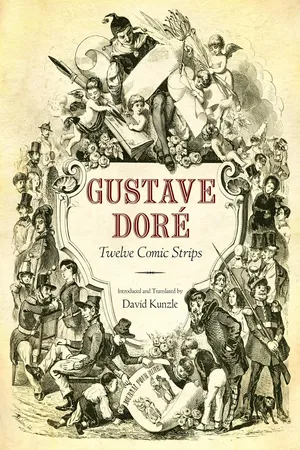
- 208 pages
- English
- ePUB (mobile friendly)
- Available on iOS & Android
About this book
Among the masters of the nineteenth-century comic strip, Gustave Doré has been much neglected. For his illustrations to literary classics, he earned an unsurpassed reputation and corresponding scholarly attention. Doré himself repudiated his early work, and similarly critics and biographers have given short shrift to his beginnings as a caricaturist. These caricatures are herein rescued entirely for the first time in English by the renowned comics scholar David Kunzle. Doré's caricature is known to a few specialists, but virtually no one has pointed out that his mastery of the comic strip particularly marks him as an entirely original figure in the post-Töpffer era of revolutionary, mid-century France. Doré, remarkably, created these comic strips when he was between fifteen and twenty-two years old, for Charles Philipon's Journal pour Rire ( The Laughter Journal ), virtually dominating its seven-year (1848-55) history. He also did three fairly long, separately published albums, which show him at his very best. They are consistently funny, often ludicrous, and illustrate a graphic inventiveness unmatched until the twentieth century. In these graphic stories, Doré parodies an ancient fable, the discomforts of life in the country, the perils of artistic ambition, the absurdities of mountaineering and travel, as well as the antics of schoolboys. This book provides a context for Doré's caricatures, focusing on his comic strips in the Journal pour Rire, the character of the journal, and the three comic strip albums he created while he worked there. Kunzle's analysis reveals Doré's debts to his predecessors, Töpffer, Cham, and Nadar. None of Doré's Journal strips has ever been republished. Some of the albums were republished, reduced and incomplete, in German and French. This edition includes facsimiles of the twelve most significant comic strips and the first translation into English of the captions.
Tools to learn more effectively

Saving Books

Keyword Search

Annotating Text

Listen to it instead
Information
1. Les Travaux d’Hercule (The Labors of Hercules)
Album, 1847
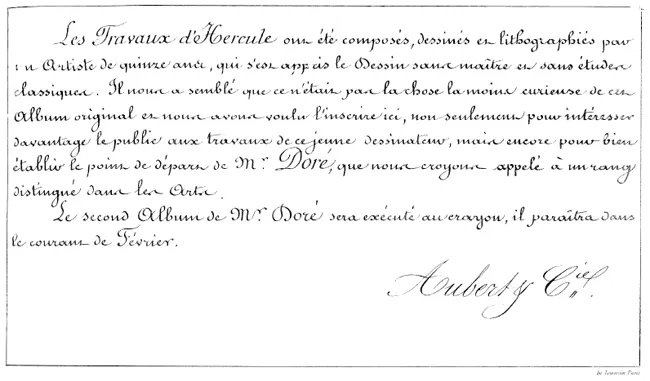
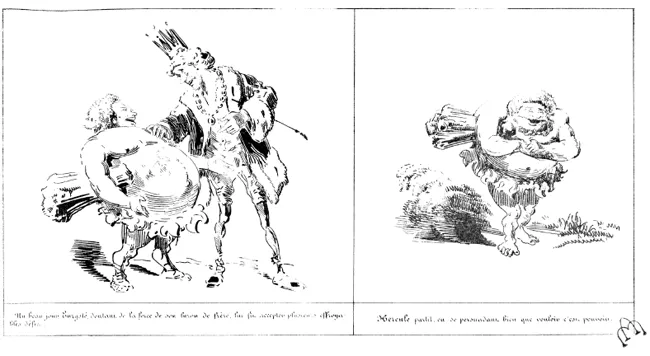
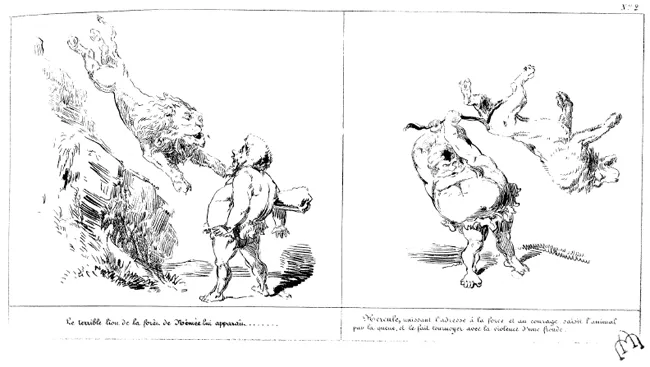
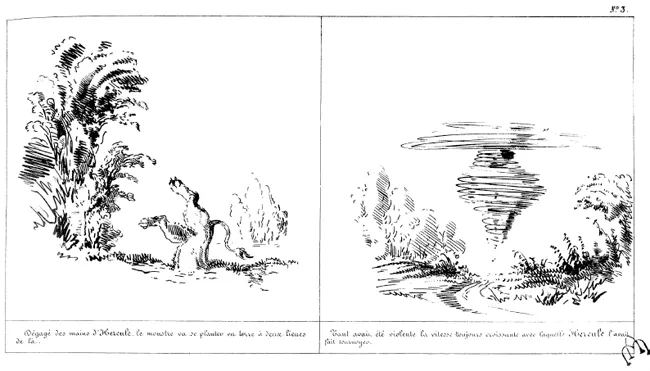
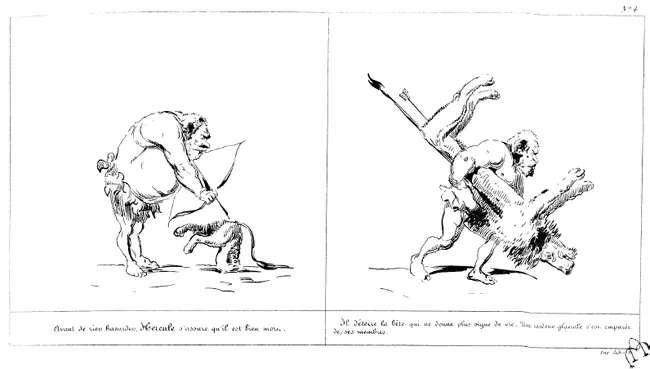
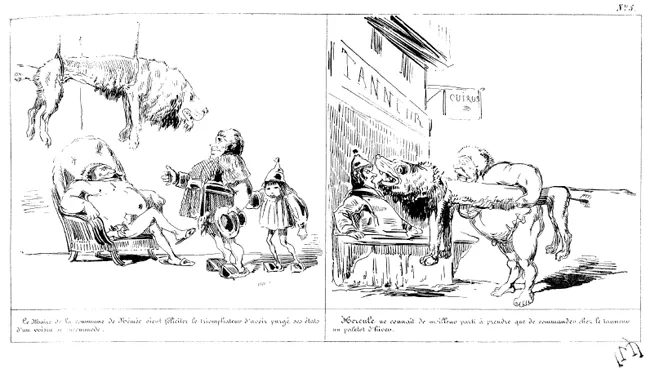
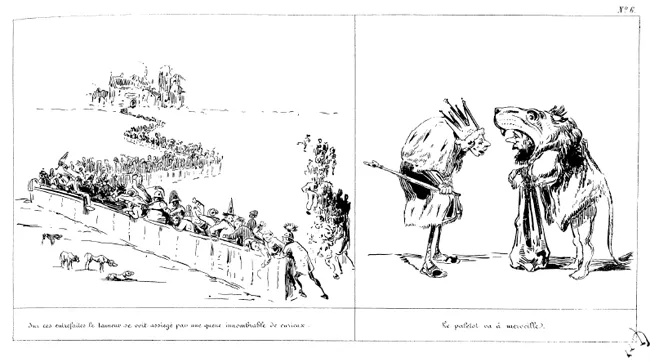
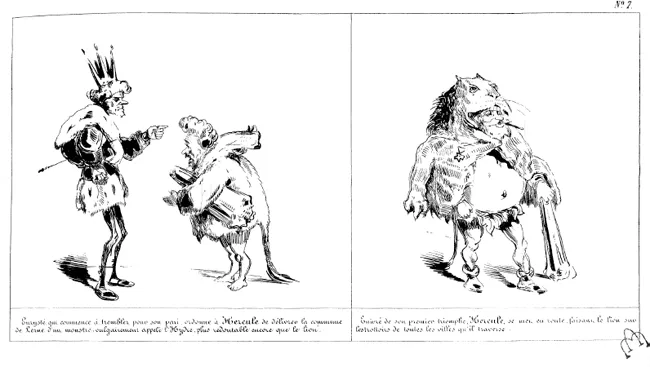
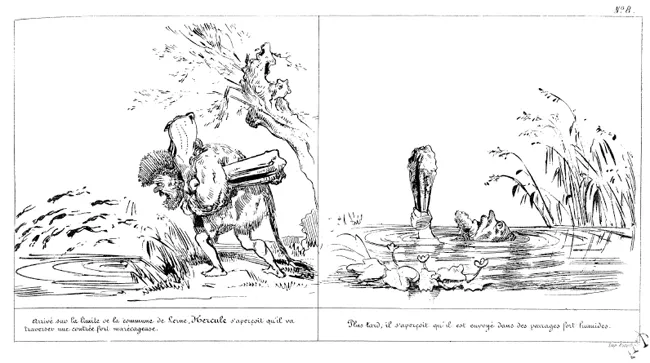
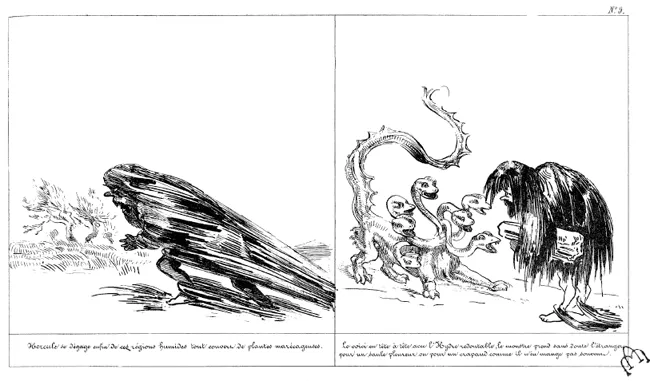
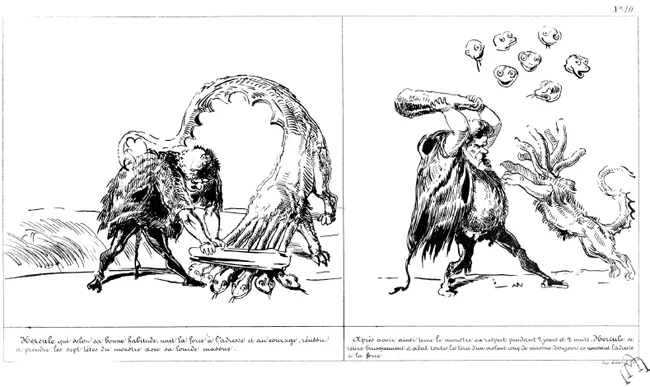
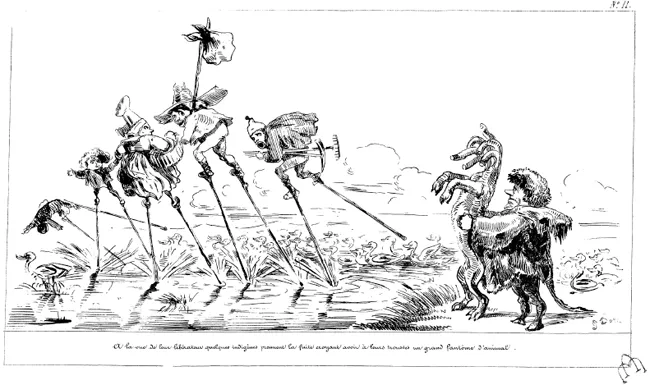
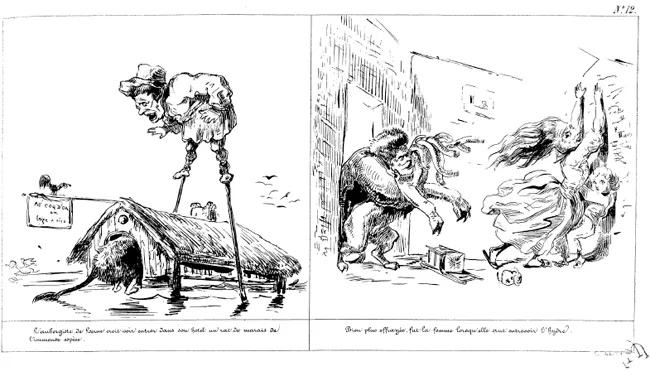
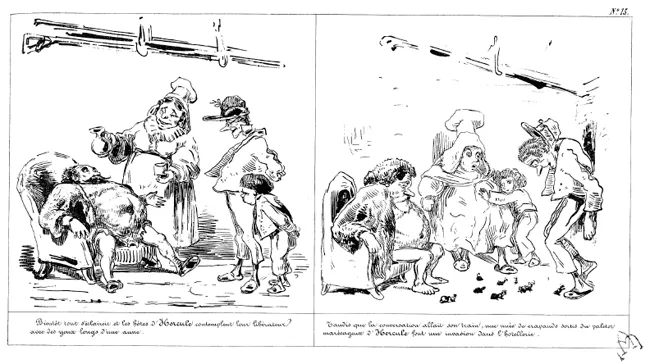
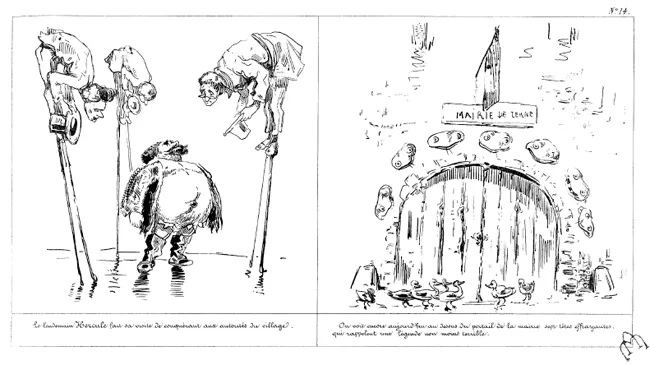
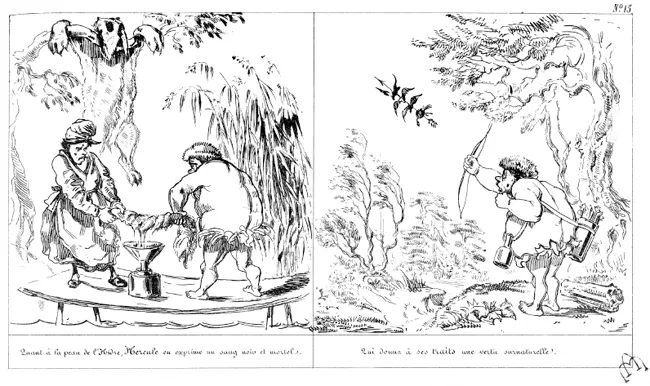
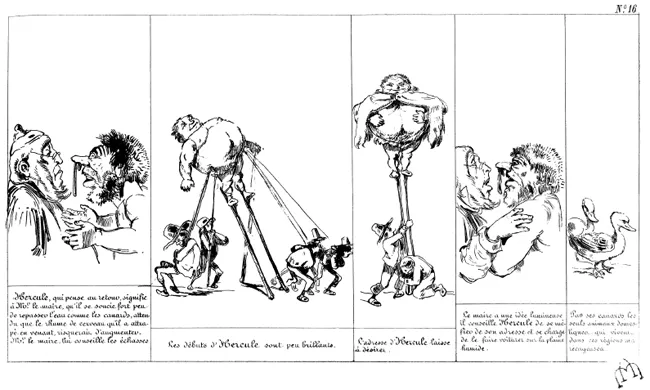
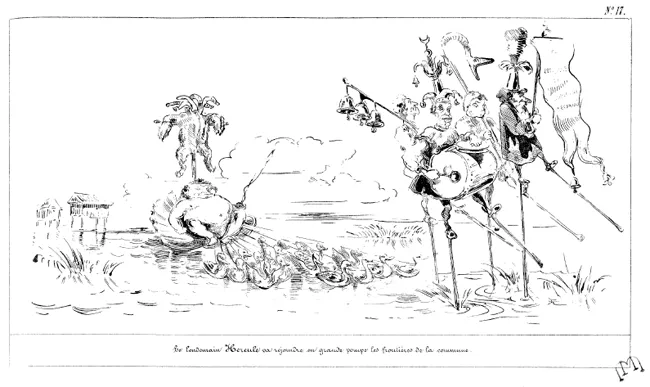
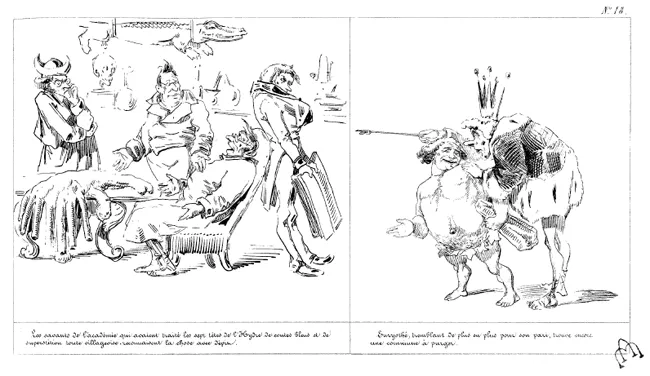
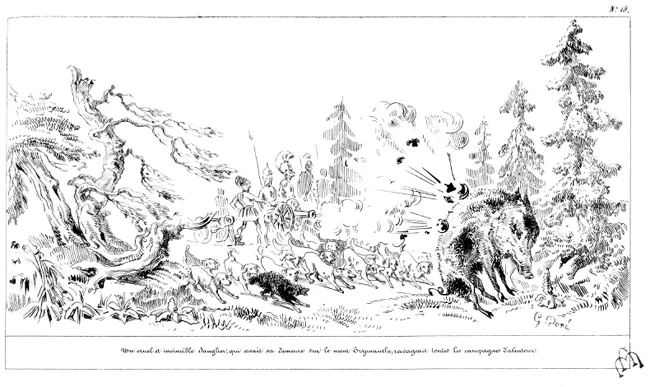
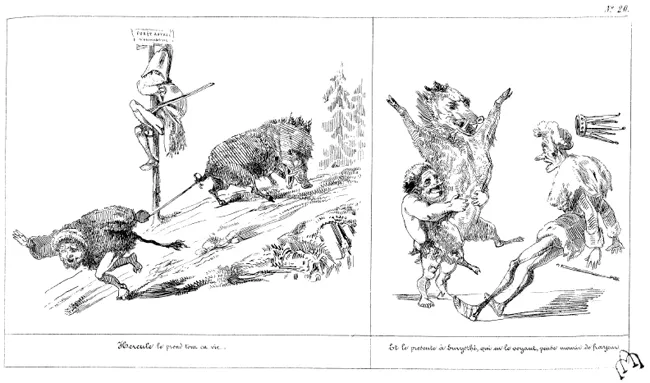
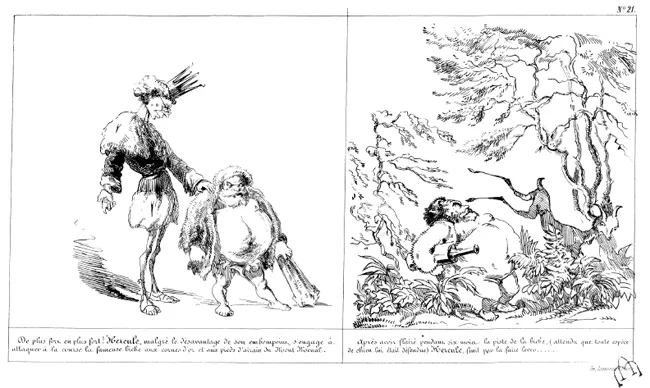
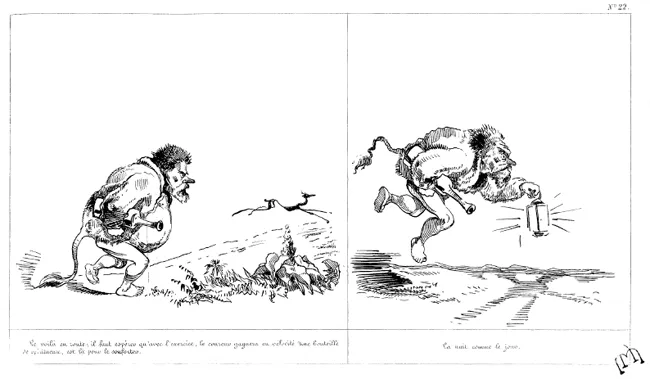
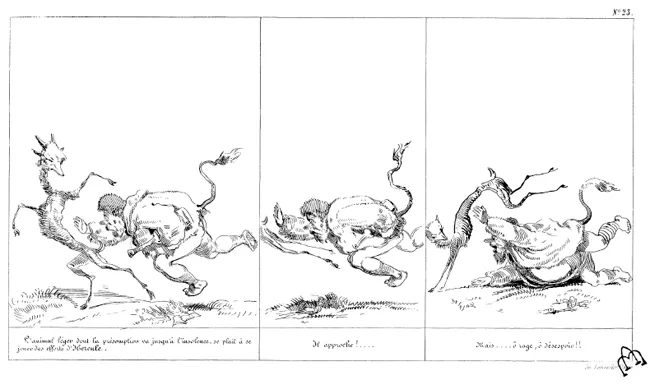
Table of contents
- Cover
- Half title
- Title
- Copyright
- Dedication
- Contents
- Preface
- Introduction
- Bibliography
- THE COMIC STRIPS
- Index
Frequently asked questions
- Essential is ideal for learners and professionals who enjoy exploring a wide range of subjects. Access the Essential Library with 800,000+ trusted titles and best-sellers across business, personal growth, and the humanities. Includes unlimited reading time and Standard Read Aloud voice.
- Complete: Perfect for advanced learners and researchers needing full, unrestricted access. Unlock 1.4M+ books across hundreds of subjects, including academic and specialized titles. The Complete Plan also includes advanced features like Premium Read Aloud and Research Assistant.
Please note we cannot support devices running on iOS 13 and Android 7 or earlier. Learn more about using the app